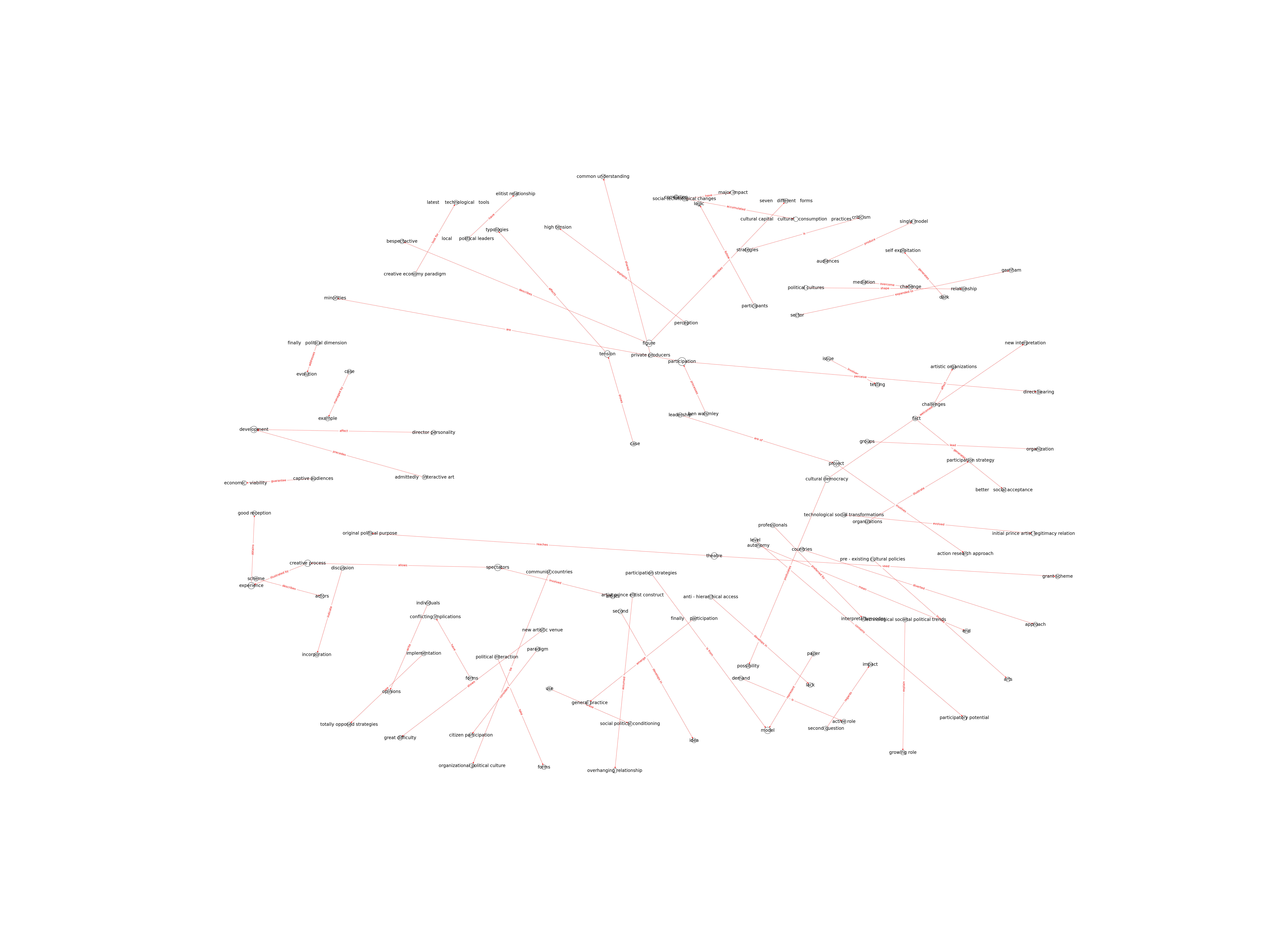| Id | 141 | |
| Author | Bonet, L., ; Négrier, E., | |
| Title | The Participatory Turn in Cultural Policy: Paradigms, Models, Contexts. | |
| Reference | Bonet, L.; Négrier, E. (2018). The Participatory Turn in Cultural Policy: Paradigms, Models, Contexts. Poetics, 66(1): 64-73. |
|
| Keywords | Active Participation; Cultural Democracy; Empowerment; Policy Paradigms; Artistic Co-programming |
|
| Link to article | https://doi.org/10.1016/j.poetic.2018.02.006 |
|
| Abstract | There is a participative turn in the field of cultural policy. Nevertheless, far from being coherent and generalized, this new focus is bound up with one of the peculiarities of
cultural policies: namely, the coexistence of several paradigms that induce distinct versions of participation. Secondly, it faces three major changes that affect the
relationship between culture and society. Technological, societal and political trends explain the growing role of participation as a protagonist in today’s Western societies,
with significant consequences on how cultural behaviour and cultural institutional strategies are reconfigured. In order to clarify the plural dimensions of participation and
its results and consequences on cultural life, we propose a model showing the distinct proactive roles of current citizens. This will then allow us to critically examine the
arguments and organizational implications for the achievement of political goals as well as their relationship with stakeholders' positions and human behaviour. This discussion
will be inspired by the assessment of BeSpectACTive!, a European action research project whose objective is to analyze active citizen participation in the field of
performing arts. |
|
| Metodology | The theoretical model proposed in the paper is inspired by the implemention of Be SpectACTive! project. The project involves an action research approach using several analytical tools: participant observation, interviews, workshop discussion with partners, and analysis of digital exchanges. The results of this analysis are used to empirically demonstrate the complexities of implementing active citizen participation in cultural activities. |
Technique | Interview; Questionnaire; Observation; Desk research |

Note: Due to lack of computing power, results have been previously created and saved in database


